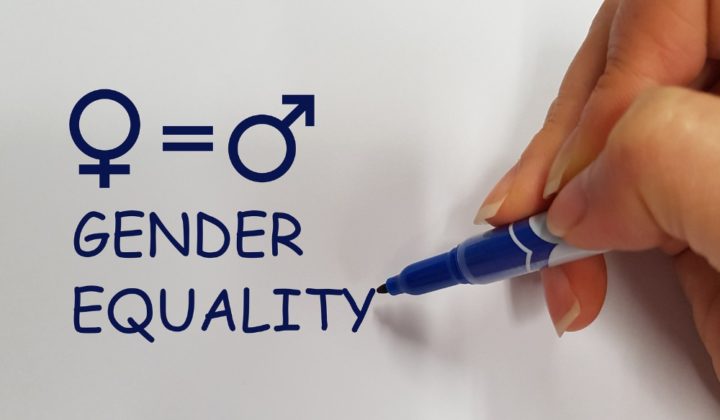Have you ever heard of a word that can mean “yes”, “no”, “great!” or “No thank you” at the same time? There is such a word in Japanese, and it’s “Ii” (pronounced like the letter “E”). There must be something about the sound of Ii that the Japanese like because it is used in so many situations conveying a multitude of meanings. For us, foreigners learning Japanese as a second language, trying to figure out which meaning “Ii” is being used is one big headache.
You have to admit, “Ii” is very short, concise, if you observe how the Japanese immediately know which meaning is conveyed, in a sense “Ii” is precise. So it must truly be a convenient word, once you learn to master it. For the sake of the Japanese language learner who doesn’t want to make a terrible slip-up, I gathered a list of the meanings of the word “ii” together with the expressions that come with “Ii”. The list is ordered in length, from the shortest phrase to the longest. My aim is for everyone to be able to quickly search for the correct expression when needed. Read carefully the correct expression, the situation “ii” is used and the manner “ii” is said for just the slightest difference, makes for a completely different meaning.
Before we start, please note that the basic meaning of “ii” is “good” or “yes”. But don’t make a mistake. It’s not necessarily a positive word. Read on to understand.
Let us start from the shortest form:
“Ii.” – Said in a brisk manner, the speaker is being offered a present or some form of help, like a hand to step down from somewhere.
Translation: Never mind, or No thank you.
“Ii!” – Said with a blissful expression, or the speaker looks relaxed or happy, getting a massage or soaking in a bath.
Meaning:”This feels good!” “This is great!”
“Ii?” – The speaker is confirming something, like if you are finished using something, or if you are following her explanation.
Translation: “Okay?”
“Ii yo” – You are asking to borrow something or asking for permission to do something like join a game and the other says “ii yo”
Translation: Sure! or It’s okay.
“Ii ne!” – The speaker looks approvingly at something, maybe an idea you just spoke or your new bag.
Translation: That looks great! Cool!
” Ii no?” – You offer something to someone.
Translation: Are you sure it’s okay?
” Ii no?” – You just gave up something or the speaker is confirming a decision you just made.
Translation: Are you sure you want to do that?
” Iin da.”
Translation: This is fine.
” Iin da ne?” The speaker is confirming something.
Translation: This is fine right?
” Ii wa yo!” – You just asked someone for permission or for a favor.
Translation: “Sure!”
” Ii kara!” – The speaker is giving you something but you try to refuse.
Translation: Just accept!
” Ii kara” – The speaker is urging you to do something and you are complaining. Translation: Come on! Just do it!
” Ii desu” – You are offering something to someone.
Translation: No thank you.
” Ii jan!” – The speaker is looking at something she approves of or you are asking for approval of something, like if you are asking what she thinks of your new hairstyle or outfit.
Translation: “That’s great” “That’s fine”
” Ii yo ne” – The speaker is looking approvingly at something.
Translation: That looks good!
” Ii kana?” – The speaker is hesitating if it’s okay to do something.
Translation: “Do you think it’s okay?”
” Iinjanai?” – You are seeking someone’s opinion about something.
Translation: “I think that’s okay.” “That should be okay”
” Ii desuka?” – The speaker is asking your permission.
Translation: “Can I use this?” Or “Is this okay”
” Iindesuka?” – The speaker looks disapproving or with disbelief.
Translation: Are you sure?
Also are some other forms of expression:
” Mou ii” – The speaker just gave up or is sick of something or is just finished with something.
Translation: “I’m done” or “No more”
” Mou ii kai?” – An expression used during the game of hide-and-seek.
Translation: Are you ready?
” Mou iikana?” – Said when someone was not ready or was in the middle of something.
Translation: Are you finished? Are you ready?
So, did you find the expression you were looking for? Possibly there are more expressions out there and more being created revolving around the word “Ii”. Hopefully, you can easily discern meaning just by looking at the situation or facial expression. If you can say the right “ii” word at the right timing and with the right intonation, then you are a master “ii ne!” Or perhaps you can make up your own meaning and start a trend? Sound like a good idea. Good luck!
Tricia, Philippines








